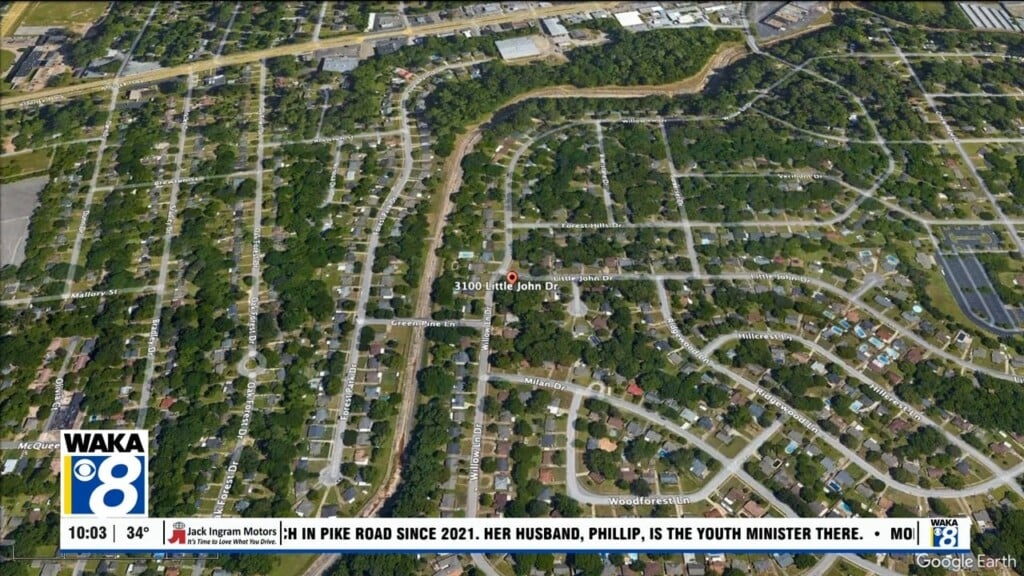Hyundai in High Gear Part 4: Assembly plant brings Korean culture to Alabama
In the 20 years that Hyundai’s assembly plant has been in operation in Montgomery, our area has enjoyed Korean culture, from food to stores and even church services.
They’re a part of life today, but that wasn’t the case in 2005.
In October of 2004, I got a first-hand look at the culture before the plant opened, travelling to Korea with a videographer.
We visited the city of Asan, which is the same size as Montgomery, and in 2004, the Hyundai plant there was the newest and most automated of the three plants in South Korea at the time. It was shown as an example of what the Montgomery plant would resemble.
Our trip also was devoted to learning about the country’s history. The majority of Koreans are Protestant or Roman Catholic but at one time, Buddhism was the national religion. It’s still a big part of the culture.
Mimosa temple is one of thousands nestled in the mountains, and it’s where we spent a night.
At the southern tip of Korea is Jeju, a beautiful volcanic island and retreat. Tourists hike mountains to see the breathtaking sunrises and it is known as the Hawaii of Korea.
We also travelled to the northern part of Korea and found another type of paradise: a shoppers paradise. The markets in Seoul are filled with jewelry and handbags, including designer knock offs.
During the trip, I learned that seafood and kimchi – which is made of fermented vegetables – are staples in the Korean diet. It was not a dish you could find in a Montgomery restaurant at the time, but now more than 20 years later, Korean restaurants have become part of the landscape here in the Capital City.
“Who would have ever thought we’d have Korean churches and Korean restaurants and Korean doctors?” former Montgomery Mayor Todd Strange said. He was the head of the Alabama Development Office in the early 2000s (now called the Alabama Department of Commerce), which helped land the plant in Alabama.
Strange has travelled to Korea 15 times over the last 20 years.
“What I found was that the people were very gracious. They were open, a great work ethic, high regard for academics, prided themselves on their math and things like that. And so all of a sudden, it sort of started to dawn on me. You know, if we got a chance to bring that kind of culture to Montgomery, Alabama, how great would that be?”
Ellen McNair served as the chief economic development officer for the Montgomery Area Chamber of Commerce and also has memories from that time.
“I remember 20 years ago when they began construction, even before operations began, you would see Hyundai employees wearing the Hyundai logo on their shirts, and people would literally stop them in the grocery stores and churches wanting to know how to get a job with Hyundai or welcoming them. It was a tremendous celebration.”
“Look how many businesses and enterprises that it takes to support that whole new culture,” Strange said. “AUM and some of these other schools they set up English as a second language classes for the Koreans that had been here.”
Strange said one idea was to set up a Korean TV broadcast for the newcomers, but Hyundai leaders didn’t want to do that, saying that they are now in the U.S. and should learn American customs.
McNair said Hyundai has helped Montgomery lure other businesses, like the Meta project that is not too far from the auto plant.
Overall, the economic impact is significant. Hyundai and its suppliers contribute more than $5 billion annually to the state’s economy, accounting for about 20% of Montgomery’s GDP.






